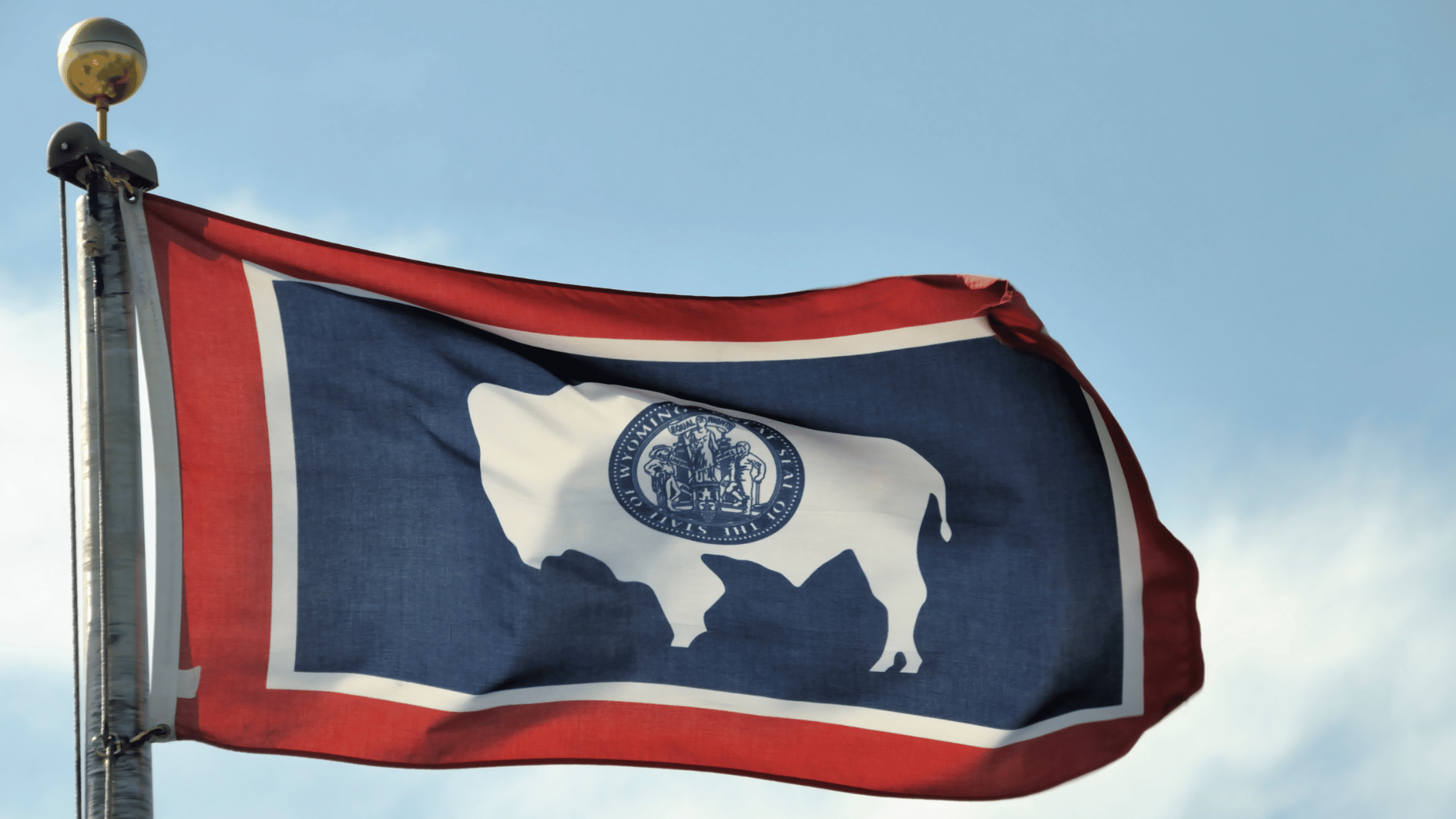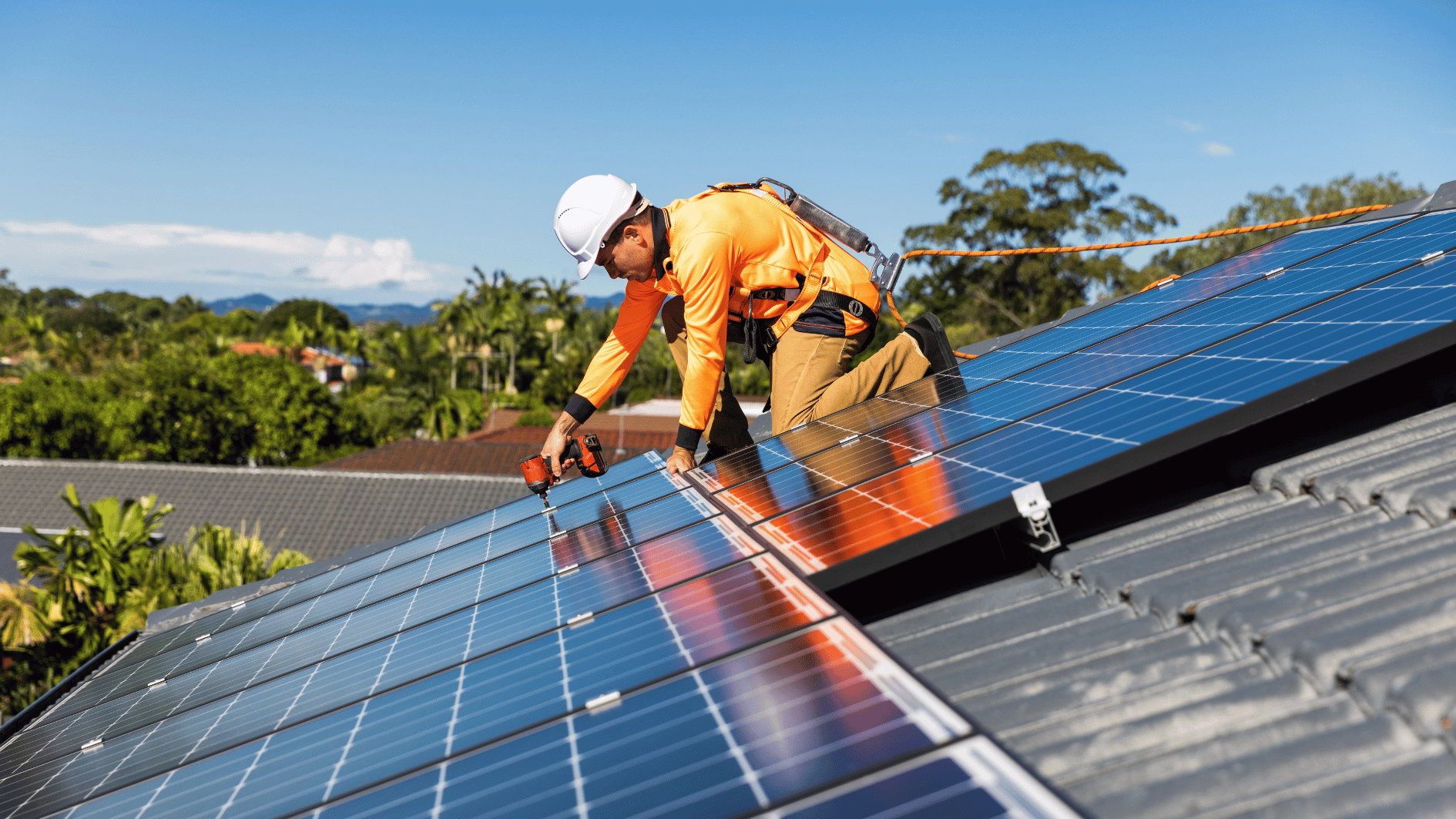Image source: Canva.com
The Wyoming Supreme Court reaffirmed a longstanding state law on August 30, preserving incentives for homes and small businesses to produce solar energy. According to advocates, the ruling marks a significant win for current and future solar users, who can continue to benefit from solar investments and federal energy programs.
The court ruled against the Wyoming Public Service Commission’s approval of High Plains Power’s request to change its compensation plan for customers who generate excess solar power. High Plains had sought to shift from an annual to a monthly compensation structure, paying solar users at a lower wholesale rate rather than the higher retail rate for excess electricity they contribute back to the grid.
In its 17-page decision, the court emphasized that High Plains Power’s proposal undermined the state’s goal of encouraging solar investments. Solar customers, who are credited for the surplus energy they produce through net metering, would have seen a significant reduction in compensation under the plan. Net metering allows solar users to offset their energy consumption by receiving credits for the electricity they generate but do not use, which is fed back into the grid.
“How ‘credit or compensation’ is valued each month is central to this appeal,” the court wrote. The ruling agreed with the Powder River Basin Resource Council, a landowner advocacy group, which argued that customers installed solar systems with the expectation of receiving compensation at retail rates, not lower wholesale rates.
The decision requires the Public Service Commission to reconsider the monthly tariff it approved for High Plains Power and potentially two other electric co-ops not involved in the lawsuit. This could lead to refunds for net metering customers affected by the tariff change.
Elizabeth Aranow, a High Plains Power customer, expressed relief. “We are grateful that the terms on which we chose to make an investment in a solar system will be maintained,” she said, hoping the ruling would continue to support job growth and distributed electricity through rooftop solar.

Wyoming’s Key Solar Incentives: A Breakdown
How net metering works in Wyoming
Wyoming’s net metering laws apply to residential and small business customers with up to 25 kilowatts solar arrays. Customers receive credits for excess electricity they produce and send back to the grid, credited at the retail rate. If a customer generates more energy than they use in a month, the excess is credited toward their next bill. However, any leftover credits at the end of the year are compensated at the utility’s lower wholesale rate to prevent overbuilding of personal solar arrays.
High Plains Power’s proposed changes would have bypassed this monthly retail credit system, reducing overall compensation for solar users by paying them the lower wholesale rate each month instead of rolling over credits at the retail rate.
Advocates like Bob LeResche, a board member of the Powder River Basin Resource Council, warned that if the plan had succeeded, it could have set a precedent for other utilities to enact similar policies, threatening Wyoming’s small but growing solar industry.

SEIA unveils draft industry standard to boost solar supply chain transparency
Ongoing debate over net metering
Wyoming lawmakers have repeatedly debated reforming the state’s net metering laws, driven by claims that non-solar customers subsidize those who can afford to install solar systems. Most recently, a legislative committee discussed a draft proposal in July but declined to advance it. Proponents of reform argue that solar customers benefit at the expense of others, while solar advocates counter that any subsidy is minimal.
“Personal solar doesn’t earn you money, it just saves you money,” said Scott Kane, co-founder of Creative Energies Solar, a Wyoming-based solar company.
Despite ongoing discussions, Wyoming’s solar supporters remain focused on maintaining the state’s net metering law, pointing to studies that show the financial impact of solar subsidies is small, given the relatively low number of solar users in the state.
“In every instance, attempts to handicap the small-scale solar industry have failed,” said Devon Brubaker, director of the Southwest Wyoming Regional Airport, which uses solar power. “It’s time to move on to more pressing issues facing the state.”
Source: Powell Tribune





